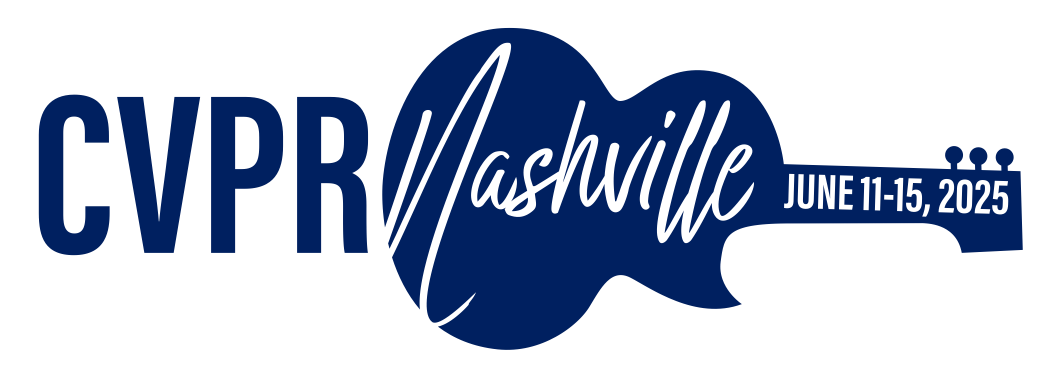-
[pdf]
[supp]
[arXiv]
[bibtex]@InProceedings{Wang_2025_CVPR, author = {Wang, Weizhen and Duan, Chenda and Peng, Zhenghao and Liu, Yuxin and Zhou, Bolei}, title = {Embodied Scene Understanding for Vision Language Models via MetaVQA}, booktitle = {Proceedings of the IEEE/CVF Conference on Computer Vision and Pattern Recognition (CVPR)}, month = {June}, year = {2025}, pages = {22453-22464} }
Embodied Scene Understanding for Vision Language Models via MetaVQA
Abstract
Vision Language Models (VLMs) demonstrate significant potential as embodied AI agents for various mobility applications. However, a standardized, closed-loop benchmark for evaluating their spatial reasoning and sequential decision-making capabilities is lacking. To address this, we present MetaVQA: a comprehensive benchmark designed to assess and enhance VLMs' understanding of spatial relationships and scene dynamics through Visual Question Answering (VQA) and closed-loop simulations. MetaVQA leverages Set-of-Mark prompting and top-down view ground-truth annotations from nuScenes and Waymo datasets to automatically generate extensive question-answer pairs based on diverse real-world traffic scenarios, ensuring object-centric and context-rich instructions. Our experiments show that fine-tuning VLMs with the MetaVQA Dataset significantly improves their embodied scene understanding, which is evident not only in improved VQA accuracy but also in emerging safety-aware driving maneuvers. In addition, the learning exhibits strong transferability from simulation to real-world observation. The project webpage is at https://metadriverse.github.io/metavqa.
Related Material





